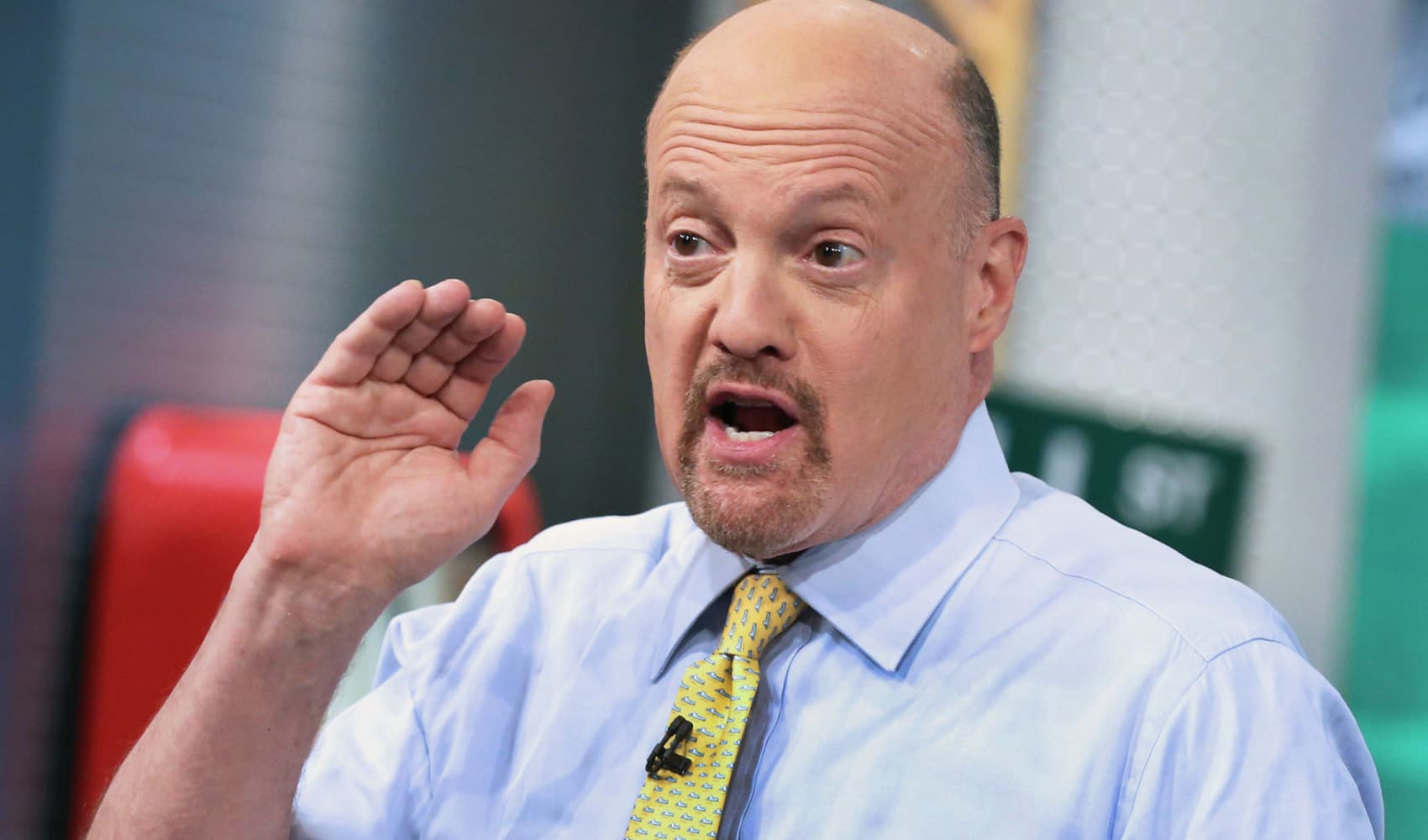
Retailers are reporting this week.
Here's the good news: The consumer is strong, and retail balance sheets have dramatically improved.
"I have been bullish for over a year," David Berman, portfolio manager at Durban Capital, told me. "There is plenty of money for the consumer, jobs are plentiful, and demand is strong. Retailers are more healthy because store count is down, so there is a more rational environment."
And what about supply chain issues? "Retailers have pricing power and are able to pass on the higher labor and raw material costs, so gross margins should remain strong, which is exactly what happened with Home Depot," Berman said.
Get Southern California news, weather forecasts and entertainment stories to your inbox. Sign up for NBC LA newsletters.
Here's the bad news: For some retailers, much of the earnings "growth" in the last decade has occurred because they have turned into "buyback monsters" that have been aggressively buying back stock.
Retailers: buyback monsters?
(share count reduction, since 2011)
- Dillard's 64%
- Kohl's 51%
- Gap 38%
- Home Depot 35%
- Target 31%
- Ross Stores 25%
- TJX 24%
- Walmart 22%
Source: FactSet
The result: Over the years, the share count reduction has made retail earnings look stronger because there are fewer shares outstanding. In many cases, revenue growth has been modest or nonexistent.
Money Report
Kohl's, for example, will have the same sales it had in 2016, but earnings are much stronger. Dillard's will have the same level of sales this year as 2018, but earnings are also much higher.
How does that happen? Partly through operating more efficiently, so more of the profits flow through to the bottom line, but also partly through constant buybacks.
Joe Feldman, senior managing director at Telsey Group, notes that retailers are giving shareholders what they want.
"The investment community likes to see buybacks because it makes their shares more valuable," he told me. "It makes trends better than they otherwise would be."
Covid interrupted buybacks, but they have since resumed
Many retailers, including Target, Kohl's and TJX, suspended buybacks during the pandemic, but have since returned to purchasing shares. TJX, for example, repurchased $300 million in stock in the second quarter, which was the first buyback since the first quarter of 2021.
Kohl's has repurchased shares every quarter from the first quarter of 2010 through the first quarter of 2020, then suspended buybacks for the remainder of 2020 and resumed in the first quarter of 2021, according to Ben Silverman, director of research at InsiderScore.
With cash flow increasing, should companies go back to buying back stock?
"I am not a big fan of buying back stock," Durban's Berman told me. "I would rather they increase their dividends."
Telsey's Feldman pushes back on the notion that retailers are ignoring investing in their businesses in favor of buybacks.
"The better-quality companies are investing heavily in digital infrastructure and in the supply chain," he said. "Walmart is spending $13 billion in capital expenditures this year. But you can only do so much. These companies generate so much cash, that buybacks are a way to give something back to the shareholders."
Discounts for Black Friday?
One thing is for sure: With the consumer flush with cash and inventories tight, don't look for "half off" sales on Black Friday.
"There may be some modest sales, but you won't see massive promotions like we saw a few years ago," Feldman said.
It's good news for retailers, but consumers might have to get used to some sticker shock.
"There is lots of full-priced selling that is offsetting the higher costs," Feldman said. "You still want to have some incentives to get people into stores, but right now it's mostly full priced."
What's to worry about?
It's not all glass half-full.
Investors will be listening carefully for an update on inventories. No one wants to get caught with high demand and no supply over the holidays.
There's also concern about waning stimulus for consumers, which may figure heavily into spending in the first quarter.
But the big issue is the steadily rising prices, which are a threat to profit margins.
"At some point, you can only push through so much in terms of higher prices before the consumer is going to push back," Feldman said.
"That hasn't happened yet, but it will if prices keep going up."
Disclosures
Telsey Advisory Group (TAG) does not have holdings in any securities covered by TAG. No TAG research analyst has any holdings in any securities covered by the analyst.
TAG research analysts do not receive compensation from subject companies. TAG provides investment banking and other non-investment banking securities related services, and non-securities services and may seek such relationships from companies about whom it provides research. TAG, its employees, and their households have no other conflicts or potential conflicts of interest.






